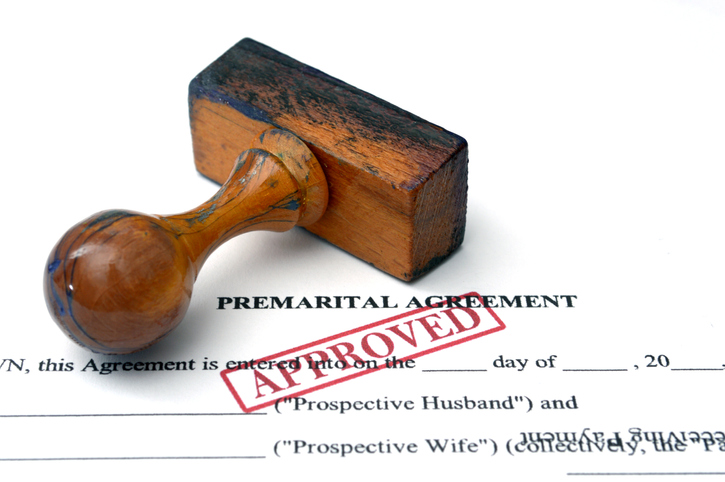
Texas, unlike many states, still recognizes common law marriage (also known as an “informal” marriage). Unlike with formal marriages, a common law spouse often has to prove that the marriage even existed before getting a divorce. A party may prove that an informal marriage exists by showing that the parties agreed to be married, then lived together as spouses in Texas, and represented themselves to others as married. TEX. FAM. CODE ANN. § 2.401(a)(2).
In a recent case, a woman challenged a determination that she and her former romantic partner had not established the existence of an informal marriage. After they broke up, the man filed for a declaratory judgment that there was no informal marriage, but the woman counter-petitioned for divorce, alleging that they were informally married. The woman argued they had an informal marriage starting in August 2014, but the man argued they had only been “boyfriend/girlfriend” or domestic partners.
 Texas Divorce Attorney Blog
Texas Divorce Attorney Blog





